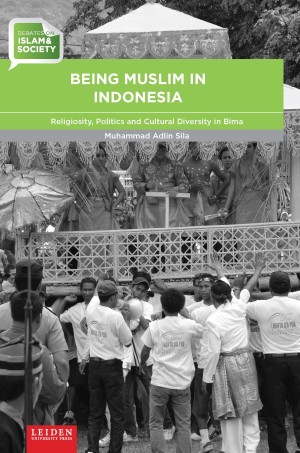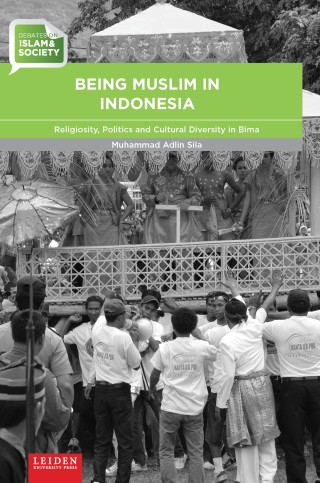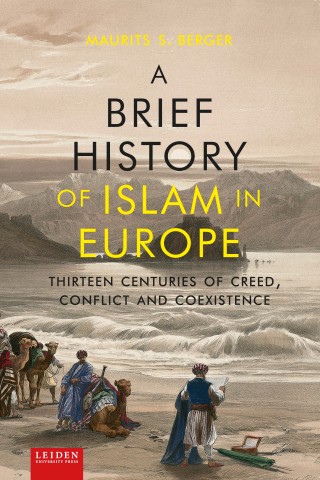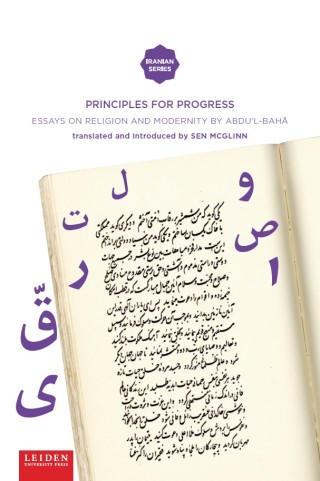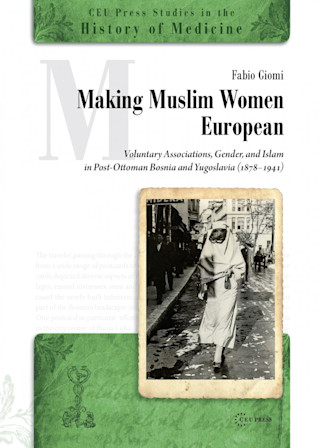How Muslims in Indonesia consider their religious practices, politics and culture as Islamic is described in this volume. By examining the various ways Bima Muslims constitute their Islamic identities and agencies through rituals and festivals, this book argues that religious practice is still vigorous in present Bima. It explores the reproduction of religious meanings among various local Muslims and the differences between social groups. Islam is represented as divided between the traditionalist Muslims and the reformist Muslims, between the royal family and the ordinary Muslims, and between Muslim clerics and lay people. Consequently, there is no single picture of Islam. As Bima Muslims construe their Islam in response to their surroundings, what it means to be a Muslim is constantly being negotiated. The complexity of religious life has been a result of the duality of socio-political settings in Bima which stems from the early period of the Islamization of Bima to the present.

